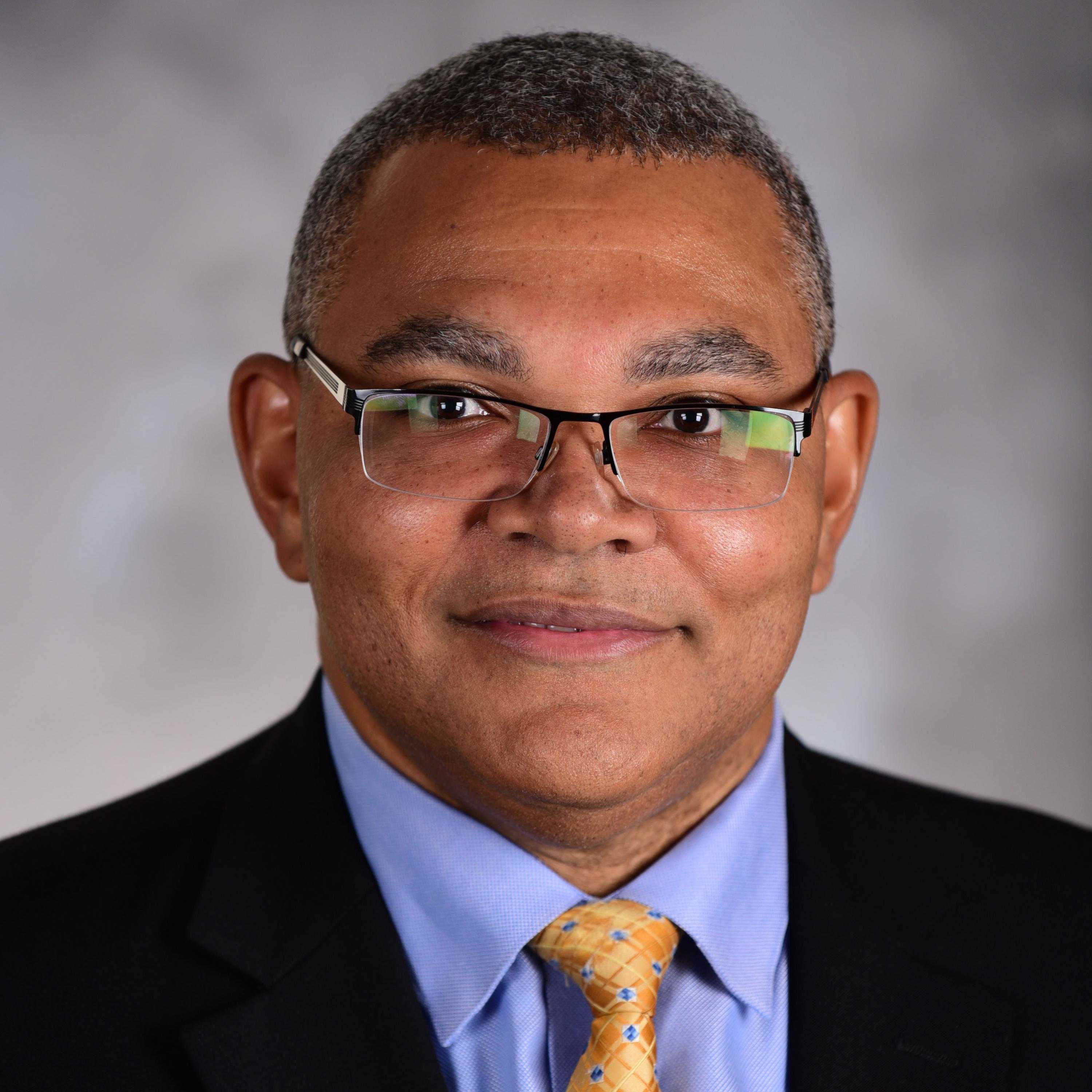Professor John-Paul Clarke has joined the Stewart School of Industrial and Systems Engineering (ISyE), holding a joint appointment in the Daniel Guggenheim School of Aerospace Engineering (AE).
Clarke’s research focuses on the development and use of stochastic models and optimization algorithms to improve the efficiency and robustness of aircraft, airline, airport, and air traffic operations. Of particular note, his research in aircraft trajectory prediction and optimization, especially as it pertains to the development of flight procedures that reduce the environmental impact of aviation, has been instrumental in changing both the theory and the practice of flight procedure design.
“I like airplanes, and I like solving real-world problems,” Clarke said. “Hence, over the years, most of my research has been in aviation operations research. I’ve also been working more and more closely with ISyE faculty, and having recently begun to expand my research beyond aerospace problems, it made sense for me to make ISyE my home department.”
That research includes work with James C. Edenfield Chair and Professor Martin Savelsbergh on using unmanned aerial vehicles (UAVs) as the middle link in package delivery, i.e., using UAVs to rapidly transfer multiple packages to a delivery truck that in already in the neighborhood, versus delivering a single package directly from the warehouse or fulfillment center. He’s also been working with Professor David Goldsman, Coca-Cola Material Handling & Distribution Chair and Professor Benoit Montreuil, and Georgia Power Early Career Professor Nagi Gebraeel to understand how blockchain technologies might be used within the aerospace and other industries to improve maintenance, repair, and overhaul (MRO) and operations. For example, they are exploring how the recordkeeping and smart-contracting functionalities within the blockchain might be usedboth to change the way airline operations are managed and satisfy regulatory obligations.
“Aerospace has a lot of regulatory requirements for which the blockchain could be particularly useful,” Clarke explained. For example, one could envision many, perhaps even all, of the steps in the certification process as well as maintenance events being recorded and approved via the blockchain.
In addition to Clarke’s ISyE/AE appointments, he is also director of the Air Transportation Laboratory at the Georgia Institute of Technology.
Clarke was co-chair of the National Academies committee that developed the U.S. National Agenda for Autonomy Research related to civil aviation, and a member of the National Academies committee that reviewed the Next Generation Air Transportation System. He is currently co-chair of the Joint Planning Committee for the AIAA-AAAF Aviation Noise and Emissions Reduction Symposium (ANERS) and a member of the NASA Advisory Council Aeronautics Committee. Over the years, he has chaired or served on advisory and technical committees chartered by the AIAA, EU, FAA, ICAO, NASA, the National Academies, the U.S. Army, and the U.S. Department of Transportation.
He received the S.B., S.M., and Sc.D. degrees from the Massachusetts Institute of Technology in 1991, 1992, and 1997, respectively. His many prior honors include the 1999 AIAA/AAAE/ACC Jay Hollingsworth Speas Airport Award, the 2003 FAA Excellence in Aviation Award, the 2006 National Academy of Engineering Gilbreth Lectureship, the 2012 AIAA/SAE William Littlewood Lectureship, and the SAE Environmental Excellence in Transportation Award in 2015. He is a Fellow of the AIAA and is a member of AGIFORS, INFORMS, and Sigma Xi.
